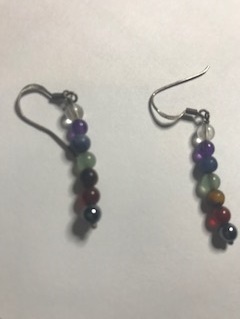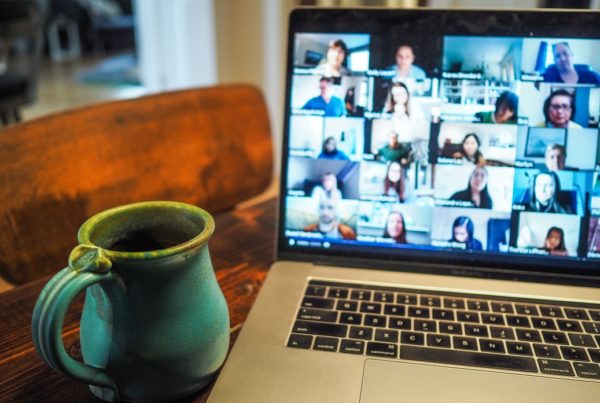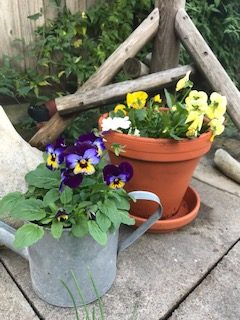
Photo by Blaz Photo on Unsplash
Most of us are busier than ever and making time for reading is often difficult. Especially reading for pleasure. We might read reports and even books for work, personal development, nutrition or parenting books. Most of us pick up the news on one device or another and try to stay on top of our emails.
But what about novels, short stories, biographies, poetry? When did you last choose to read a book purely for pleasure? No end goal in mind, no return on your investment of time and effort?
Well, it may not be strictly true that there is no ROI on reading for pleasure. We may not realise it, but allowing ourselves to be swept away by a story, moved by a poem or caught up in a compelling page-turner does provide value beyond entertainment. In fact, this leisure activity, which we can so easily dismiss as ‘indulgent,’ or ‘a waste of time,’ can help you to do your job better. Here are five ways:
- Slowing down. Reading for pleasure requires us to slow down, sit still, get comfy and take time out. We all know how important this is for our general well-being but how often do we actually do it? Slowing right down regularly to read something interesting or fun helps us to de-stress so that when we get back to our busy working lives we will be energised and productive.
- Focus. We are used to reading in short bursts, distilling every email, text or instruction manual to its few salient points. To read a novel or short story, however, or indeed any longer piece of writing, we have to concentrate on one thing, block out distractions and maintain that focus for some time. This is practice. When we practice focusing in a sustained way we find it easier to recreate that focus when our job requires it.
- Imagination. When we read, we use our imagination to create mind pictures from the words on the page. We also often find ourselves stepping into the shoes of others or considering various different perspectives. Imagination is vital to the cultivation of empathy. Most professional roles require us to look at things from various angles and to consider the perspectives of others. For example, ‘how does my client really feel?’ or, ‘could my colleague’s approach be more effective than mine?’
- Creativity. Artists are not the only creative people. Entrepreneurs create entities out of ideas. Even lawyers and doctors use ideas and inspiration to solve problems in new ways. Reading something enjoyable fires our own creativity. When we read, we make new connections between ideas and we are more likely to feel inspired. If you had an idea recently that spurred you to try a new approach, that was creativity. If you want that to happen more often, try reading for fun.
- Writing. Last but not least important, as we know, the best way to write well is to read a lot. Every book is full of sentences and every sentence is a creation in itself. If we want to excel at producing our own sentences and putting them together into paragraphs, if we want to improve our grammar and style, and if we want to get better at spelling, the answer is always to read more. Books and stories written for entertainment are held to a higher standard of style than technical texts. Spend some time absorbing the sentences of Dickens, F. Scott Fitzgerald or Hardy and your sensitivity to the written word will increase. Give it a try.
Why not treat yourself to that book you really wanted to read during the holidays? Finding a cosy space and half an hour to yourself will not only feed your soul, but might just have a positive effect on your performance at work.


